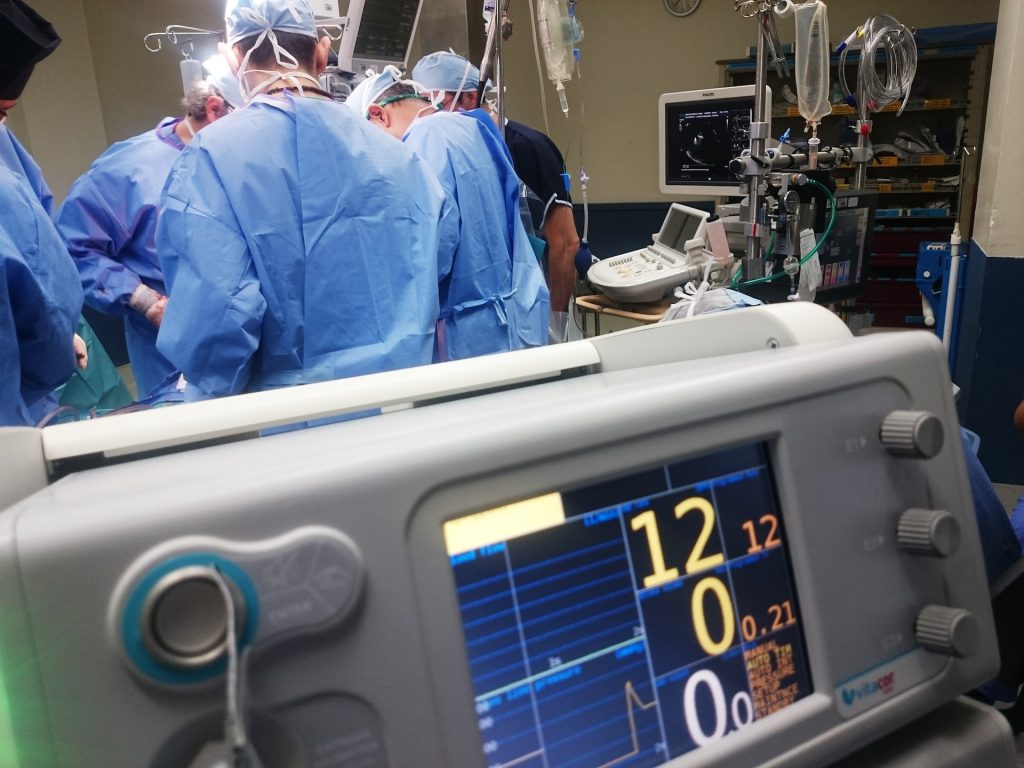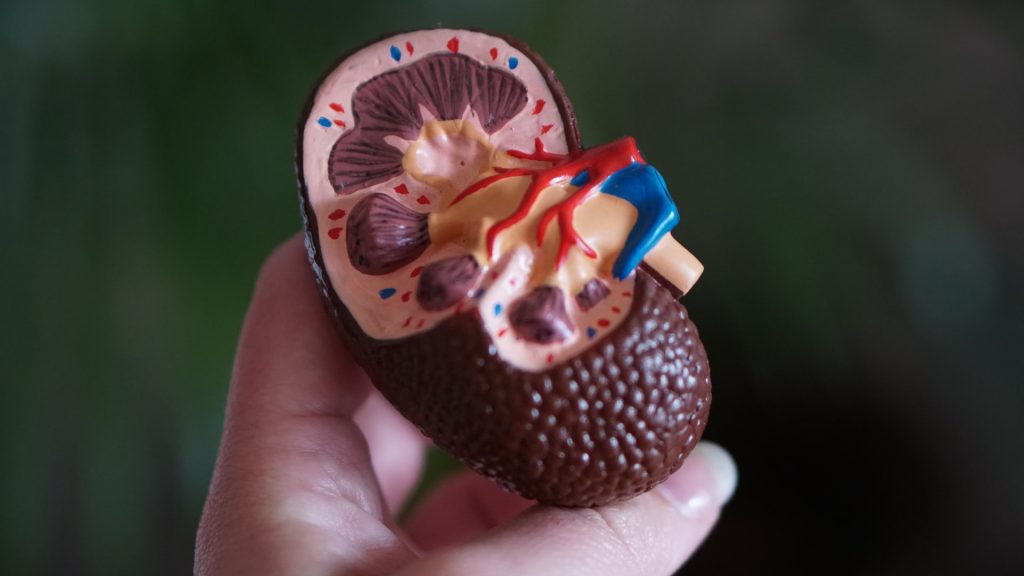Pig-to-human Kidney Xenotransplant is the Longest Successful One Yet

Surgeons at NYU Langone Health have transplanted a genetically engineered pig kidney that continues to function well after 32 days in a man declared dead by neurologic criteria and maintained with a beating heart on ventilator support. This represents the longest period that a gene-edited pig kidney has functioned in a human, and the latest step toward the advent of an alternate, sustainable supply of organs for transplant.
Led by Robert Montgomery, MD, DPhil, the procedure was performed on July 24, 2023 and marks the fifth xenotransplant performed at NYU Langone. Observation is ongoing and the study will continue through mid-September 2023.
“This work demonstrates a pig kidney – with only one genetic modification and without experimental medications or devices – can replace the function of a human kidney for at least 32 days without being rejected,” said Dr Montgomery, who had previously performed the world’s first genetically modified pig kidney transplant into a human decedent in 2021.
Removing single troublesome gene
The first hurdle to overcome in xenotransplants is preventing so-called hyperacute rejection, which typically occurs just minutes after an animal organ is connected to the human circulatory system. By “knocking out” the gene that encodes the biomolecule known as alpha-gal, responsible for a rapid antibody-mediated rejection of pig organs by humans, immediate rejection has been avoided in all five xenotransplants at NYU Langone. Additionally, the pig’s thymus gland, which is responsible for educating the immune system, was embedded underneath the outer layer of the kidney to stave off novel, delayed immune responses. The combination of modifications has been shown to prevent rejection of the organ while preserving kidney function.
To ensure the body’s kidney function was sustained solely by the pig kidney, both of the transplant recipient’s native kidneys were surgically removed. One pig kidney was then transplanted and started producing urine immediately without any signs of hyperacute rejection. During the observation phase, intensive care clinical staff maintained the decedent on support while the pig kidney’s performance was monitored and sampled with weekly biopsies. Levels of creatinine, a bodily waste product found in the blood and an indicator of kidney function, were in the optimal range during the length of the study, and there was no evidence on biopsy of rejection.
The surgery was the latest in a larger study approved by a specific research ethics oversight board at NYU Langone and was performed after consultation with the New York State Department of Health. This important research, which study leaders say could save many lives in the future, was made possible by the family of a 57-year-old male who elected to donate his body after a brain death declaration and a circumstance in which his organs or tissues were not suitable for transplant.
A big leap toward a new organ source
“There are simply not enough organs available for everyone who needs one,” said Dr Montgomery, who received a hepatitis C-positive heart transplant himself in 2018. “Too many people are dying because of the lack of available organs, and I strongly believe xenotransplantation is a viable way to change that.”
The kidney and thymus gland used in this procedure were procured from a GalSafeTM pig, an animal engineered by Revivicor, Inc., a subsidiary of United Therapeutics Corporation. In December 2020, the U.S. Food and Drug Administration (FDA) approved the GalSafe pig as a potential source for human therapeutics as well as a food source for people with alpha-gal syndrome, a meat allergy caused by a tick bite.
Less may be more
While previous genetically engineered pig organ transplants have incorporated up to 10 genetic modifications, this latest study shows that a single-gene knockout pig kidney can still perform optimally for at least 32 days without rejection.
“We’ve now gathered more evidence to show that, at least in kidneys, just eliminating the gene that triggers a hyperacute rejection may be enough along with clinically approved immunosuppressive drugs to successfully manage the transplant in a human for optimal performance – potentially in the long-term,” said Dr Montgomery.
The NYU Langone team used standard transplant immunosuppression medications combined with enhanced screening of porcine cytomegalovirus (pCMV) in the donor pig to ensure safety. Recent studies have shown pCMV may affect organ performance and potentially trigger organ failure. No pCMV was detected after 32 days, and close surveillance of porcine endogenous retrovirus (PERV), along with six other viruses of interest, was performed.
Next steps
Monitoring of the pig kidney recipient will continue for another month with permission from the family, ethics committee approval and continued support from United Therapeutics. The additional data from the next several weeks will be analyzed further to develop a deeper understanding of this unique medical advance.
“We think using a pig already deemed safe by the FDA in combination with what we have found in our xenotransplantation research so far, gets us closer to the clinical trial phase,” said Dr Montgomery. “We know this has the potential to save thousands of lives, but we want to ensure the utmost safety and care as we move forward.”
Source: NYU Langone Health



